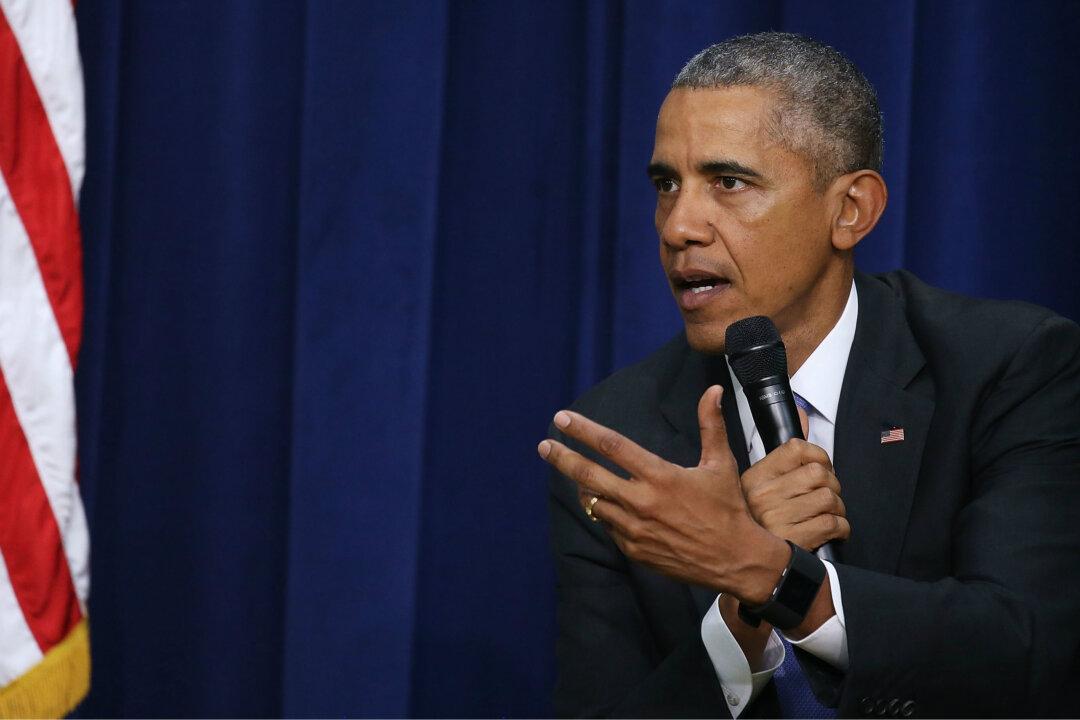WASHINGTON—Even when President Barack Obama sent U.S. troops back to Iraq and ordered the military to stay in Afghanistan, he insisted Syria would remain off limits for American ground forces. Now he’s crossed his own red line.
Obama’s announcement Friday that he was deploying up to 50 U.S. special operations troops into northern Syria to assist in the fight against the Islamic State group is the kind of incremental move that has defined his second-term Mideast strategy.
The U.S. military footprint in the region is growing. But each step is on a small scale, so as to reassure Americans that Obama isn’t plunging their country into another large, open-ended conflict.
While the strategy may help ease them back into the realities of war, experts and some of Obama’s political allies say his slow ramp-up may not be enough to defeat the fast-moving militants.
“Deploying a handful of U.S. special operations forces to Syria will not change this situation significantly,” said Frederic Hof, Obama’s former Syria special adviser. “It is a Band-Aid of sorts.”
Sen. Brian Schatz, D-Hawaii, said the latest escalation “is unlikely to succeed in achieving our objective of defeating IS and instead threatens to embroil the United States in Syria’s civil war.”
The military campaign against IS is nowhere near the size and scope of the wars in Iraq and Afghanistan. Obama repeatedly has used the costly and unpopular Iraq War as an example of what he’s tried to avoid.
But it was the location, not the number, that elevated the significance of his Syrian decision. It was the first time the U.S. has openly sent forces into Syria, expanding the geographic reach of Obama’s military efforts in the Middle East.





